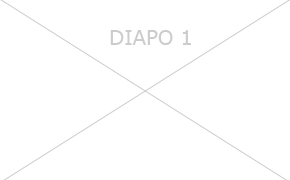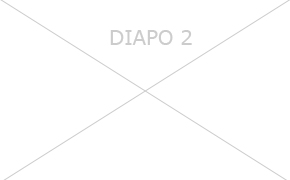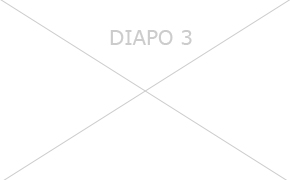General information
Organisation
The French Alternative Energies and Atomic Energy Commission (CEA) is a key player in research, development and innovation in four main areas :
• defence and security,
• nuclear energy (fission and fusion),
• technological research for industry,
• fundamental research in the physical sciences and life sciences.
Drawing on its widely acknowledged expertise, and thanks to its 16000 technicians, engineers, researchers and staff, the CEA actively participates in collaborative projects with a large number of academic and industrial partners.
The CEA is established in ten centers spread throughout France
Reference
2024-33411
Description de l'unité
The internship will be conducted at the Department of Thermal-hydraulics and Fluid dynamics (STMF – Service de Thermohydraulique et de Mécanique de Fluide) within the Energy Division (DES - Direction des Énergies). The department develops and qualifies the simulation tools for the design and the safety analysis of the French nuclear power systems, such as the system thermal-hydraulic code CATHARE. These studies are performed within the framework of internal CEA projects or in collaboration with several industrial partners (e.g. EDF, Framatome and TechnicAtome) and international partners. The internship is in collaboration with the Department of Software Engineering and for Simulation (SGLS - Service de Génie Logiciel pour la Simulation).
Position description
Category
Thermohydraulics and fluid mechanics
Contract
Internship
Job title
Development and Uncertainty Quantification of Machine Learning Models for Critical Heat Flux H/F
Subject
Development and Uncertainty Quantification of Machine Learning Models for Critical Heat Flux predictions
Contract duration (months)
6
Job description
The Critical Heat Flux (CHF) is a physical phenomenon that may cause the deterioration of the heat transfer in the core of nuclear reactors, potentially leading to core damage. Its accurate prediction is therefore a crucial issue in nuclear reactor safety. The proposed internship concerns the prediction of the CHF through the development of machine learning techniques and their uncertainty quantification. It will be realized in the framework of an international OECD/NEA project on the development and application of Artificial Intelligence methodologies for nuclear engineering.
Within this framework, the intern will:
· Perform a preliminary literature review on artificial intelligence methodologies.
· Analyze the available experimental CHF database to understand the physical phenomenon and to verify the coherence and exploitability of the experimental data.
· Test the existing machine-learning algorithms developed at CEA for CHF in a heated circular tube on other geometries, i.e. rod-bundle.
· Develop a neural network model to predict as accurately as possible the CHF for different geometries, i.e. rod-bundle. Different architectures will be tested to determine the optimal solution.
· Quantify the uncertainty of the developed neural networks applying different state-of-the-art methodologies such as conformal prediction and techniques developed at CEA, i.e. CIRCE.
· Present and discuss their work during technical meetings and write a final report.
Methods / Means
Python
Applicant Profile
The candidate is a master student who has a good knowledge of statistics/applied mathematics with an interest in artificial intelligence and neural networks. Ideally, the student has basis of fluid-dynamics/thermal-hydraulics and nuclear reactors. Knowledge of Python is required. Knowledge of one of the major deep learning frameworks (PyTorch, JAX, Tensorflow) and Jupiter is welcomed. A good knowledge of English is a must. French would be a plus.
Position location
Site
Saclay
Job location
France, Ile-de-France, Essonne (91)
Location
Gif-sur-Yvette
Candidate criteria
Languages
English (Fluent)
Prepared diploma
Bac+5 - Diplôme École d'ingénieurs
PhD opportunity
Non
Requester
Position start date
06/01/2025

 Je me crée un espace candidat
Je me crée un espace candidat






